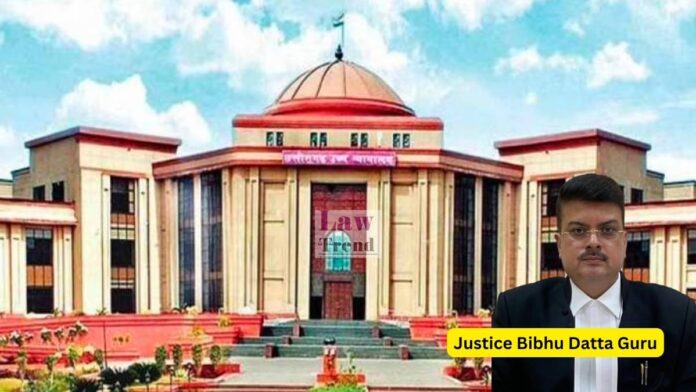In a significant judgment, the Chhattisgarh High Court, presided over by Justice Bibhu Datta Guru, has ruled that the Ombudsman appointed under the Mahatma Gandhi National Rural Employment Guarantee Act (MGNREG Act) falls under the ambit of the Right to Information (RTI) Act, 2005. The court upheld the directive of the Chhattisgarh State Information Commissioner,
To Read More Please Subscribe to VIP Membership for Unlimited Access to All the Articles, Download Available Copies of Judgments/Order, Acess to Central/State Bare Acts, Advertisement Free Content, Access to More than 4000 Legal Drafts( Readymade Editable Formats of Suits, Petitions, Writs, Legal Notices, Divorce Petitions, 138 Notices, Bail Applications etc.) in Hindi and English.




